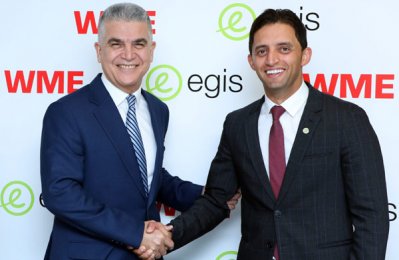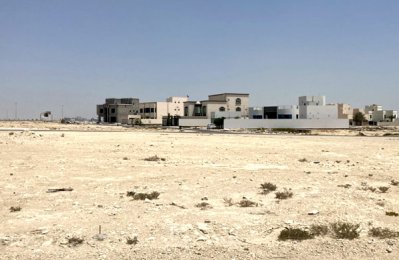Ducab powers first metro line in Lucknow, India
Ducab Group marked another milestone in its international operations after successfully supplying 140km of medium voltage (MV) cables for the Lucknow Metro project in India’s Uttar Pradesh state.
More Stories
Ducab Group marked another milestone in its international operations after successfully supplying 140km of medium voltage (MV) cables for the Lucknow Metro project in India’s Uttar Pradesh state. A project of Uttar Pradesh Metro Rail Corporation Limited (UPMRCL), Lucknow was the first metro project in the northern Indian state.
Mohammad Almutawa, CEO of Ducab Group, said: "Our legacy in India dates back to 1988 with our first customer, the Nhava Sheva Port (Mumbai Port). Since then, we have collaborated with our global partners on projects that impact the daily lives of millions. We will continue to pursue such projects that add value to our customers' operations while establishing Ducab as a reliable supplier of high-quality cable solutions.
"As an Emirati brand, we are aligned with 'Operation 300bn', UAE's national strategy to increase the industrial sector's contribution to GDP from AED133 billion to AED300 billion by 2031," Almutawa added.
The Lucknow project underlines Ducab's global expansion strategy, particularly in the Asian transport sector. Ducab has already supplied to flagship projects such as Indira Gandhi International Airport, Delhi (2020 and 2021 through Johnson Controls), Delhi Metro, Kanpur Metro in India and the Bandaranaike International Airport expansion project in Sri Lanka, among others.
Regionally, Ducab has supplied low voltage (LV), MV and FlamBICC range of cables to all the airports in the UAE and others in the GCC, including Doha International Airport, Qatar, Muscat International Airport, Oman and the King Abdul Aziz Airport, Jeddah.
Ducab continuously aims to expand business internationally. Ducab exports 60% of its products to 45 markets across the Gulf, Asia, Oceania, Africa, Europe, and the Americas.--TradeArabia News Service
Projects
















